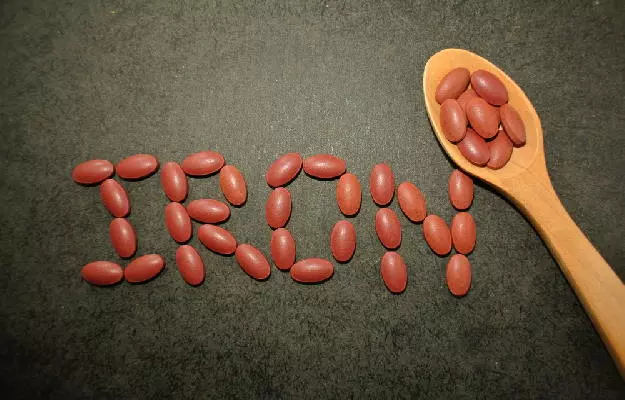Iron is a nutrient that plays many important roles in your body, including keeping you healthy and full of energy. If there is iron deficiency in the body, one may have to face fatigue, poor concentration and frequent illnesses.
Iron deficiency is not always easy to detect, especially in the early stages.
Taking iron supplements is a great way to overcome iron deficiency, especially if you are not getting enough iron from food.
Read more - (Does iron deficiency cause melasma or skin pigmentation)












